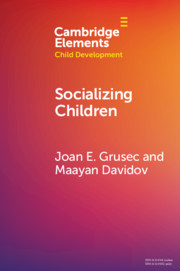1 results

Socializing Children
-
- Published online:
- 30 April 2021
- Print publication:
- 27 May 2021
-
- Element
- Export citation

